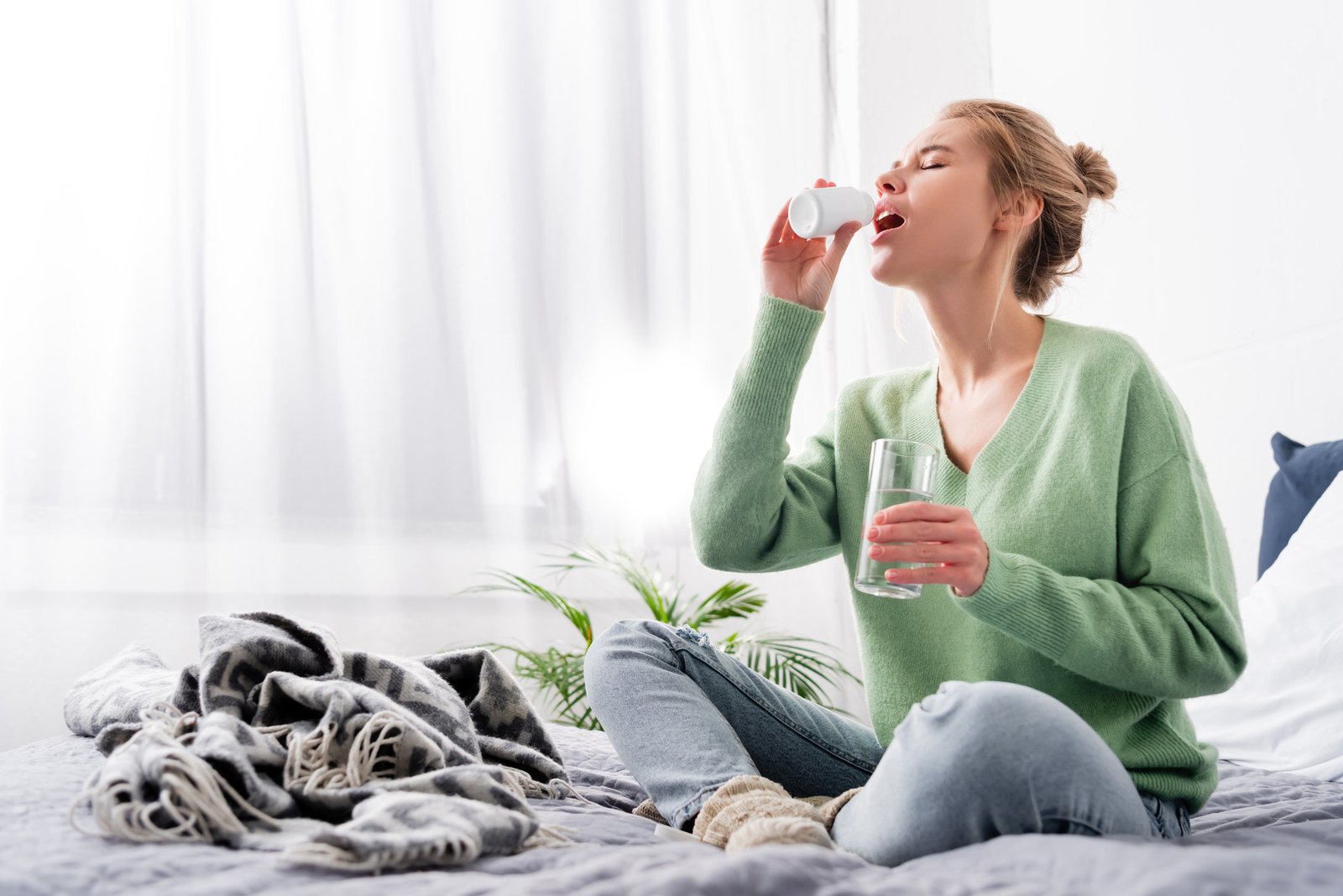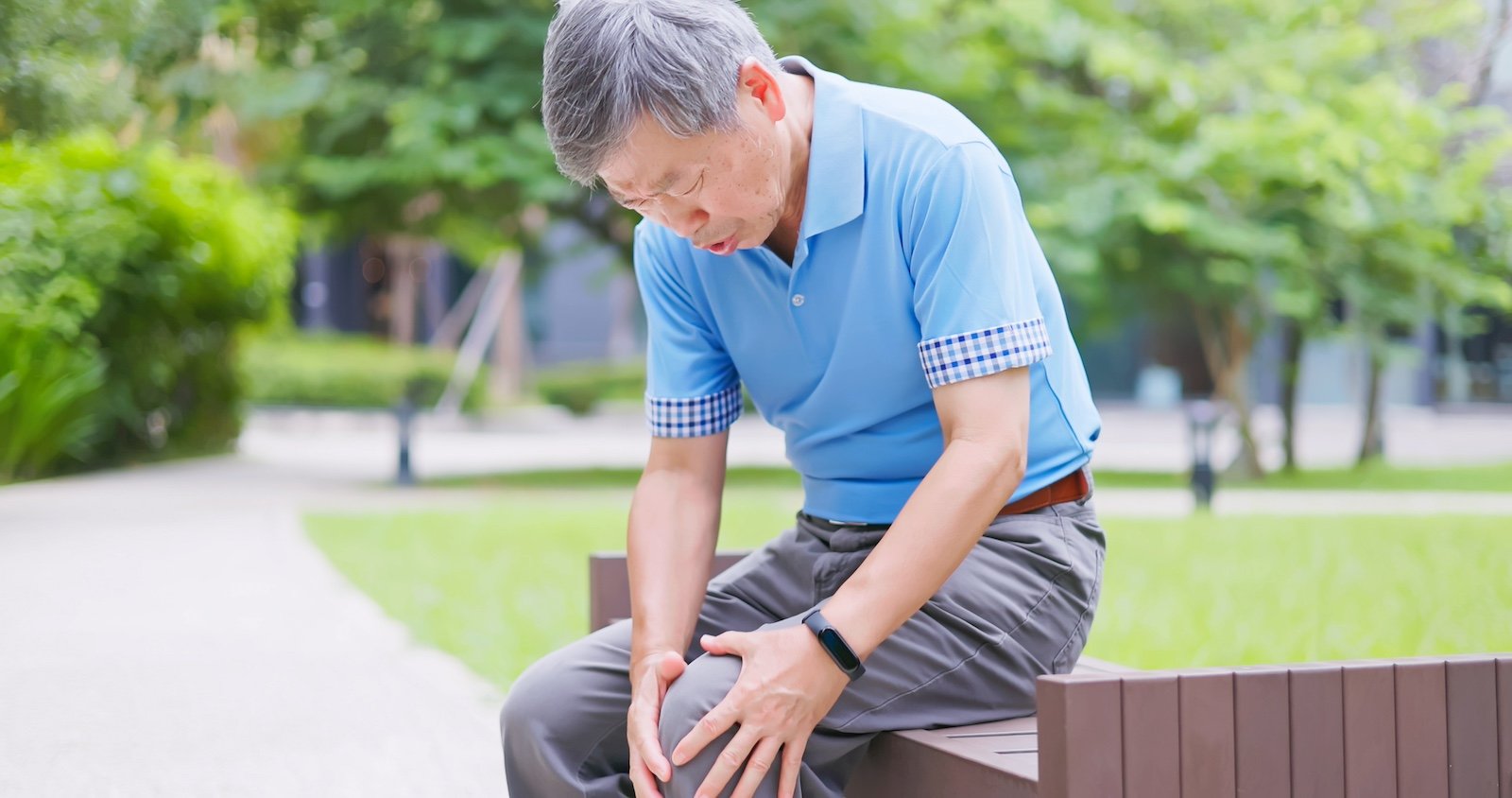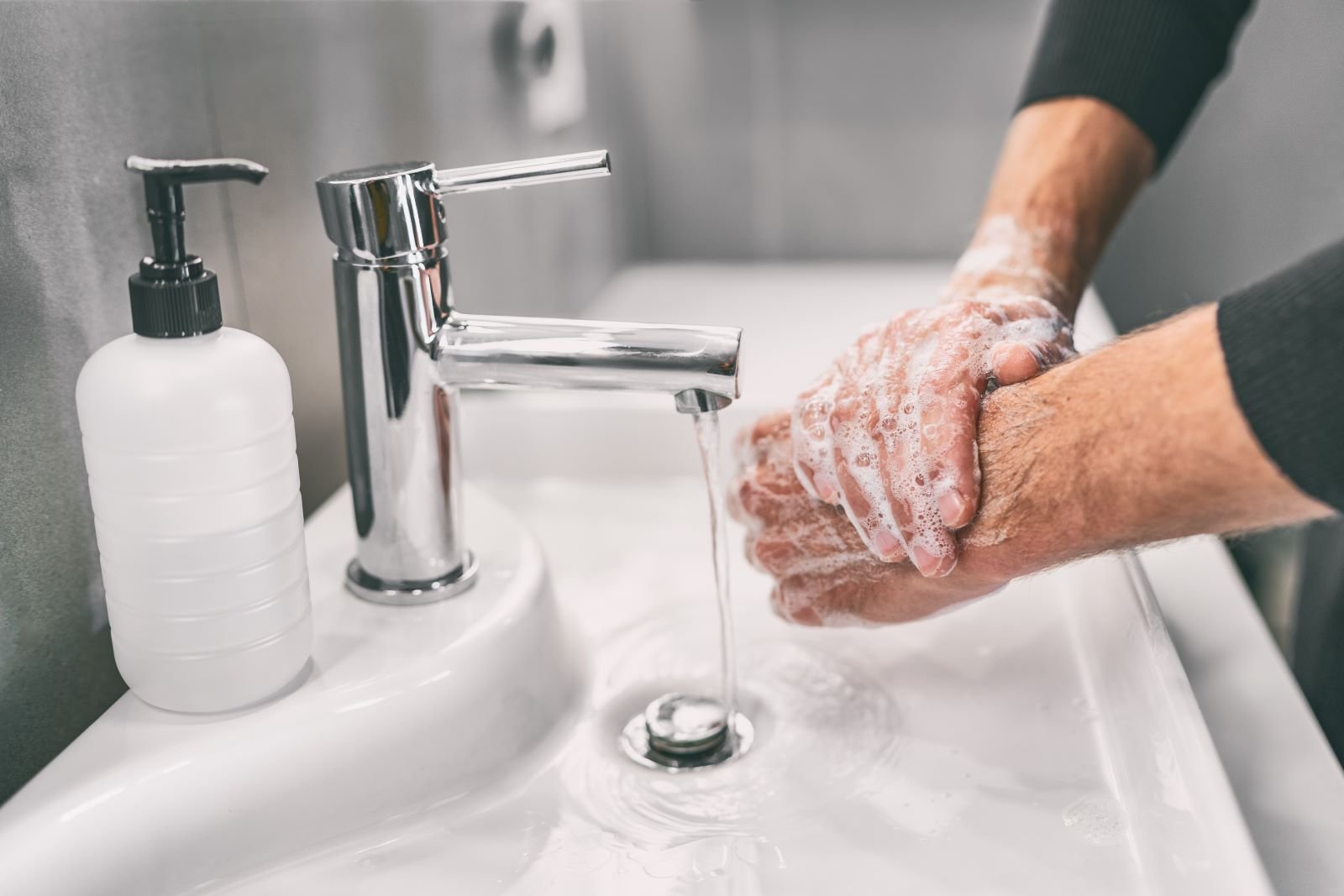The perception of a distinct “old people smell” is a common stereotype. While it may be a familiar term, the reality is more nuanced. Age-related changes in body odor are a real phenomenon, but the reasons behind it are rooted in science, not a lack of hygiene. Here, we will delve into the causes of this shift in scent.
Changes in Body Chemistry

A key culprit in age-related odor is a compound called 2-nonenal. This substance is produced during the breakdown of omega-7 fatty acids found in our skin. As we age, the production of 2-nonenal increases. This leads to a buildup of a specific byproduct called 2-nonenal, which has a characteristic fatty, somewhat stale odor.
Unfortunately, unlike water-soluble odor components in sweat, 2-nonenal has an oily consistency, making it more difficult to remove through regular bathing.
Hormonal Shifts

Estrogen plays a role in regulating sweat production, particularly the apocrine sweat glands located in areas like the armpits and groin. These glands produce thicker sweat containing proteins and lipids, which bacteria readily break down, creating a stronger odor.
Testosterone influences the composition of skin oils, promoting the growth of certain bacteria on the skin’s surface.
Decreased estrogen and testosterone levels can alter the composition of skin oils, making them more susceptible to breakdown by bacteria and potentially leading to stronger odors.
Reduced Sweating

Age-related decline in kidney function can reduce the body’s ability to regulate fluids, leading to less sweat production. Certain medications, particularly diuretics used for blood pressure control, can also have a dehydrating effect and decrease sweating.
Additionally, nerve damage caused by conditions like diabetes can affect the signals sent to sweat glands, impairing their function.
Sweat plays a crucial role in regulating body temperature and flushing out toxins. Reduced sweating can lead to a buildup of odor-causing compounds on the skin’s surface.
Changes in Skin Microbiome

As we age, the composition of the skin microbiome can shift. This shift can favor the growth of bacteria that produce stronger-smelling byproducts when they break down sweat and skin oils. Certain medications and harsh soaps can disrupt the delicate balance of the skin microbiome, leading to the overgrowth of odor-causing bacteria.
Reduced Sensitivity to Thirst

As we age, our thirst sensation can diminish. This can lead to chronic dehydration, which concentrates sweat and makes body odor stronger. Dehydrated sweat contains less water to dilute odor-causing compounds, resulting in a more noticeable smell.
Dietary Choices

While diet can influence body odor at any age, certain dietary choices become more prominent with age. Strong-smelling vegetables like onions and garlic can impart their characteristic odors to sweat. Similarly, processed foods high in saturated fats may contribute to a stronger body odor. These foods can alter the composition of sweat and make it more prone to breakdown by odor-causing bacteria.
Medications

Certain medications can have a side effect of altering body odor. Medications, like antibiotics, can disrupt the gut microbiome, which can indirectly affect the skin microbiome and contribute to a change in body odor. Additionally, medications affecting blood sugar control can alter sweat composition and potentially lead to a stronger odor.
Underlying Medical Conditions

Conditions like diabetes can cause metabolic changes that alter sweat composition and lead to a distinct odor. Additionally, liver or kidney problems can affect the body’s ability to process waste products, which can be expelled through sweat and contribute to a change in odor.
Reduced Hygiene Practices

Mobility limitations or cognitive decline can sometimes make it difficult for older adults to maintain consistent hygiene routines. This can lead to a buildup of sweat, skin oils, and dead skin cells on the skin’s surface, creating a more favorable environment for odor-causing bacteria to thrive.
Protein Metabolism

Changes in protein metabolism with age can also contribute to body odor. As we age, our bodies become less efficient at breaking down proteins. This can lead to a buildup of ammonia, a waste product, in the bloodstream. Some ammonia is excreted through sweat, contributing to a stronger, more pungent odor.
While protein is a crucial nutrient, excessive protein intake can also contribute to a stronger body odor. When the body breaks down more protein than it needs, it produces more ammonia as a byproduct, potentially leading to a more noticeable odor.
Sun Exposure

Sun exposure damages collagen and elastin, the proteins responsible for maintaining skin structure and elasticity. This damage can lead to increased dryness, cracking, and a disruption of the skin’s natural microbiome, potentially creating a more favorable environment for odor-causing bacteria.
Sun exposure can also suppress the production of sebum, an oily substance produced by the skin. While excessive sebum can contribute to acne, sebum also plays a role in maintaining skin hydration and protecting against harmful bacteria. Reduced sebum production can lead to a drier and more vulnerable skin surface, potentially impacting body odor.
Oral Health

Poor oral hygiene and dental problems can contribute to a noticeable change in body odor. The breakdown of food particles and bacteria in the mouth produces volatile sulfur compounds (VSCs) like hydrogen sulfide, which have a strong unpleasant odor. Poor oral hygiene allows for the overgrowth of bacteria that produce VSCs, leading to bad breath but also potentially contributing to a stronger overall body odor.
Also, chronic sinus infections can cause drainage of mucus down the back of the throat (postnasal drip). This drainage can carry bacteria and odor-causing compounds into the digestive system, potentially influencing body odor through the gut-skin connection.
Vitamin Deficiencies

B vitamins, particularly B6 and B12, play a role in various bodily functions, including protein metabolism. Deficiencies in these vitamins can lead to a buildup of breakdown products like ammonia, potentially contributing to a stronger body odor.
Vitamin D deficiency is also a growing concern among older adults. Vitamin D has immunomodulatory properties, meaning it helps regulate the immune system. A deficiency can lead to a weakened immune response, making it harder to control the growth of odor-causing bacteria on the skin.


